
Possible Reasons Why Your Skin Is Getting Darker
Who wouldn’t desire skin that glows? To keep our skin looking decent, we all try our hardest. But do you often wonder, despite your best efforts, ‘why is my skin getting darker?’ Many people struggle greatly with scars and black spots.
Undoubtedly, we have no direct control over some elements, such as UV exposure, hormone imbalances, and medical disorders. However, keeping up with a committed skincare routine for dark skin can significantly impact your skin.
So, let’s explore why skin darkens and what you may do to prevent it.
Causes Of Skin Getting Darker
Are you wondering, ‘why is my skin getting darker?’ That’s because of hyperpigmentation. This skin-darkening condition is a common one that requires you to be particular about the items you use on your skin.
Despite not being a medical condition, hyperpigmentation can have a negative impact on your skin’s appearance. Given a common skincare issue, let’s analyse some other significant causes of skin getting darker in more precise detail:
Skincare Items With Harsh Chemicals
Your skin’s ageing process may also be influenced by the skincare products you use. Any common skin care products you use could result in hyperpigmentation, age spots, pimples, dry patches, and age spots. In addition, some toxic-based cosmetics can cause acne and scarring, darkening and discolouring of your skin.
Melasma
Melasma, a skin condition, usually happens when you experience both hormonal changes and excessive sun exposure. Most women who have this skin condition are pregnant. Your chin, nose, cheeks, and forehead develop areas of grey-brown skin. Uneven and dingy skin tones develop on your face.
Vitamin Deficiency
The skin may get darker and rougher if vital vitamins, including vitamins A, E, C, and B complex, are not consumed sufficiently. Lack of vitamins also causes the skin to seem dull. Specific liver conditions also bring on hyperpigmentation. Skin darkening could result from a liver disorder.
Pregnancy
Pregnancy-related hormonal changes may cause skin cells to create more melanin. So, if you’re wondering why the skin on my face is getting darker, it’s probably because of your pregnancy hormones. Small, dispersed darkening areas of your skin are also possible.
Medical Conditions
Numerous minor and significant medical diseases can potentially cause problems with facial skin discolouration. For instance, Addison’s illness, which affects your adrenal glands, can eventually result in lip and cheek discolouration.
Inflammation
Discoloration of the skin on your face may result from inflammation. Numerous conditions, including eczema, lupus (an autoimmune disease), acne, and even injuries, can cause it. When these skin problems subside, you can detect hyperpigmented skin because they promote skin irritation.
Age
The skin cells’ capacity to create melanin declines with age. Existing skin cells, however, enlarge and centre themselves. The outer layer of the skin becomes hyperpigmented and develops irregular dark spot regions due to this dysregulation. For this reason, if you’re in your forties, you could start seeing early ageing indicators, like age spots.
Why Is My Face Skin Getting Darker
Since we create more melanin on our faces than the rest of our bodies, our facial skin is often a little darker. The melanin cells of the face are more susceptible to damage from the sun’s damaging rays. Why? Because they're exposed to the sun more frequently.
The melanin cells start producing too much melanin when agitated or become ill. It may also cause skin to become spotty. Pigmentation can occur everywhere on the body, especially on the face. Although it varies from person to person, having a darker face is completely acceptable. This should not be disregarded when the face has a darker skin tone than the body.
Skincare Routine For Dark And Dull Skin
Cleanse Your Face With The Best Acne Face Wash
The best skincare routine for dull skin always begins with cleansing. It helps eliminate surplus oil, filth, dust, and grime. Furthermore, to prevent any skin allergies, we advise selecting a gentle, sulphate-free face cleanser.
Use a Face Scrub To Gently Exfoliate Your Face
The skin uses exfoliation as a defence mechanism to shed mature dead skin cells. Desquamation, the skin’s natural healing process, slows down as we age, leaving us with duller, darker skin. Skin care professionals advise weekly exfoliation to eliminate dead skin cells and boost the turnover of new ones.
Use The Best-In-Class Face Moisturiser
It is important to seek out a face moisturiser filled with vitamins while creating a skincare program for anti-ageing. Only a medicated moisturising cream will effectively address ageing signs, age spots, and sunspots.
Moreover, you can choose facial creams designed with retinol and niacinamide. They can revitalize cells, lighten dark spots, and significantly improve the skin’s texture.
Also Read: Moisturiser Uses and Misconceptions: How to use Face Moisturiser?
Use Sunscreen To Protect Your Skin
Broad-spectrum sunscreen must be used to protect your skin. Apply SPF face sunscreen as the final step in even the simplest skincare routine. Your skin may be vulnerable to UV radiation. The formation of melanin is hampered, and deposits form on the skin when the skin is exposed to UV radiation without protection.
Also Read: Why Does Skin Get Dark in Winter and How to Get Rid of It?
Skincare Products For Dark And Dull Skin
The first best product for dull skin is the Clearing & Calming Acne Face Wash from the house of the Pink Foundry. This cleansing face wash is ideal for anyone seeking a smooth, rejuvenated, brighter, and aesthetic look on their skin. If you have acne-prone skin, this is a must-try face wash!
Next on the list of the best products for dark skin is the Acne Care & Healing Gel Moisturiser with Tea Tree & Cica from the Pink Foundry again. This phenomenal moisturiser restores vibrance and glosses up your entire skin. Thanks to its powerful ingredients, you will never have to worry about a dull and gloomy appearance again.
Also, explore other excellent products from the well-curated product line of The Pink Foundry online store. From SPF 30 sunscreen to exfoliating face masks, we have it all.
Conclusion
Several factors could cause your skin to seem dark. Although it may take a little longer to fade, hyperpigmentation can be treated.
A good skincare regimen might help you feel better. Maintain your PM routine since, at night, your skin goes into healing mode. The vitamin C skincare line can increase skin cell turnover and impact the skin’s melanin.
FAQs
1. How can I get my skin’s melanin level down?
Melanin levels in the skin can only be briefly reduced. Furthermore, applying sunscreen and limiting time spent in the sun will both assist in lessening melanin and enhance skin tone.
2. What disease darkens the skin?
Addison’s disease might develop when the body doesn’t create enough cortisol, a hormone that controls stress. Darkening of the skin in areas like scars, creases, elbows, etc., indicates the condition.
3. Does vitamin C make my skin darker?
Not at all, no. It could discolour your skin, but it can’t make it darker. Understanding the distinction between staining and skin darkening is crucial.
4. Why is my skin getting darker without the sun?
Skin darkening without sun exposure could be post-inflammatory hyperpigmentation after acne, melasma, or insulin resistance. See a dermatologist to determine the cause.
5. Why is my skin getting darker for no reason?
Unexplained skin darkening may be from hormonal changes, products causing irritation or inflammation leading to excess melanin production, or conditions like melasma. See your dermatologist.
6. Can skincare make your skin darker?
Skincare ingredients like hydroquinone, chemical exfoliants, essential oils, and fragrances can trigger inflammation and irritation, producing excess melanin and darkening the skin.
7. Why does my skin look dark after applying moisturiser and sunscreen?
Moisturisers and sunscreens are unlikely to cause darkening. Post-inflammatory hyperpigmentation is more likely to emerge independently. If you are concerned, discontinue existing skincare products and see a dermatologist.










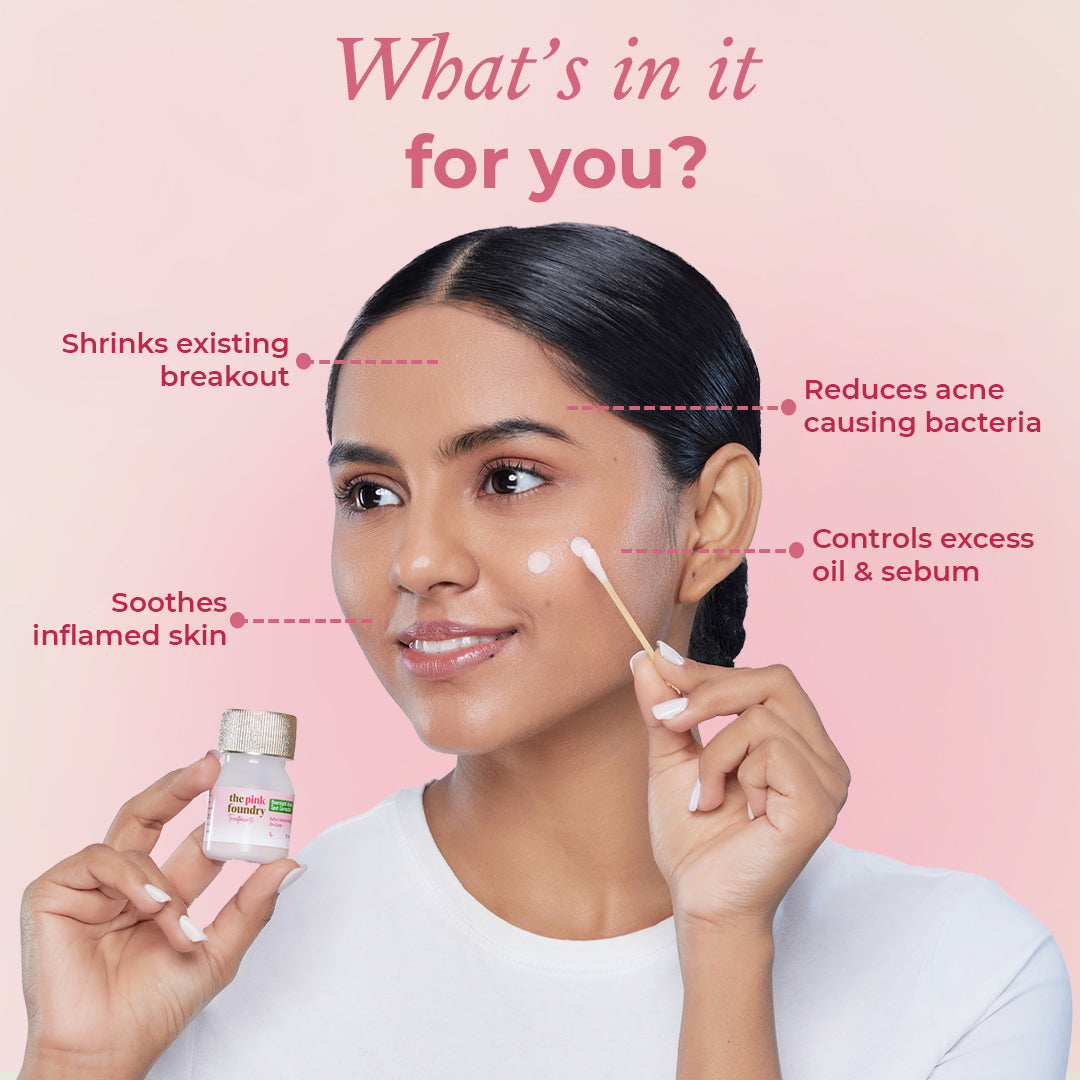
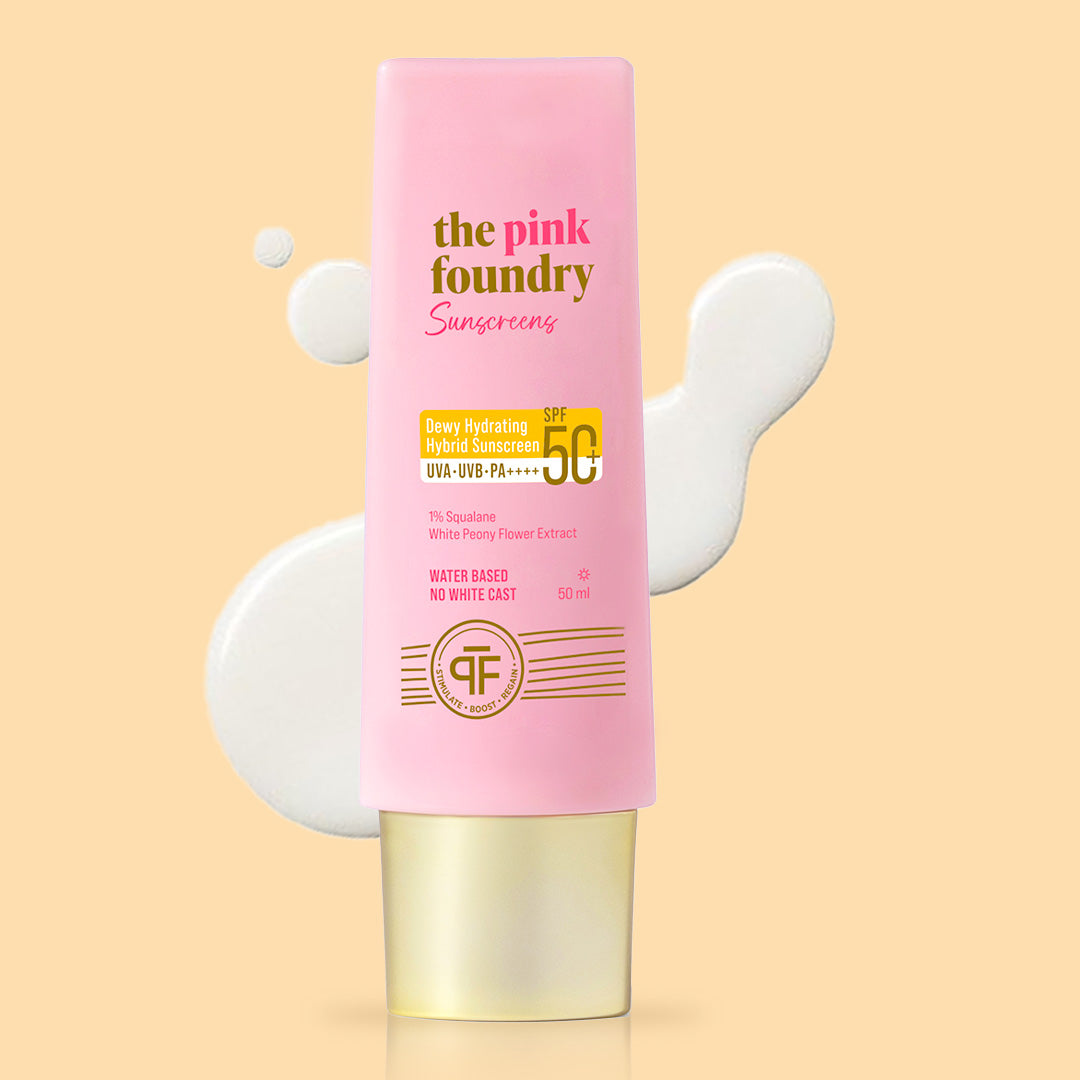
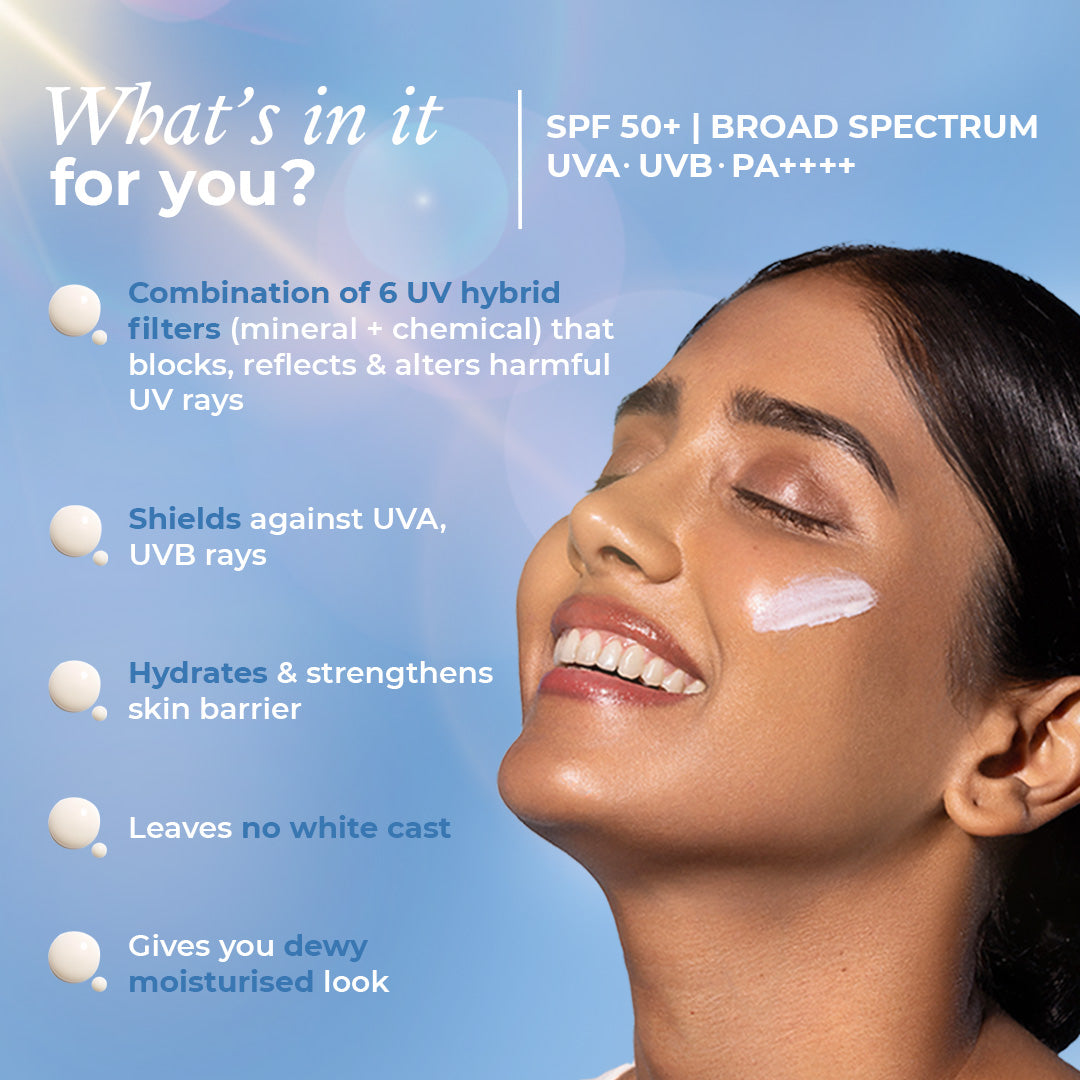


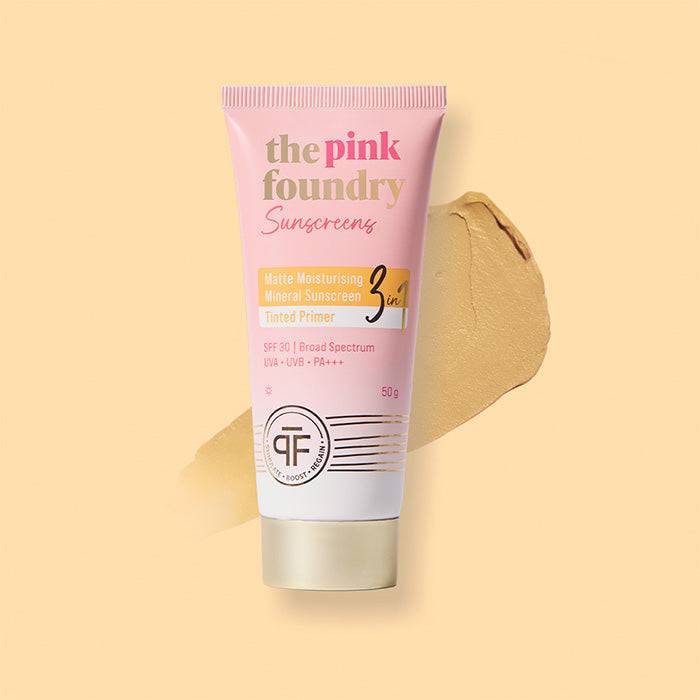
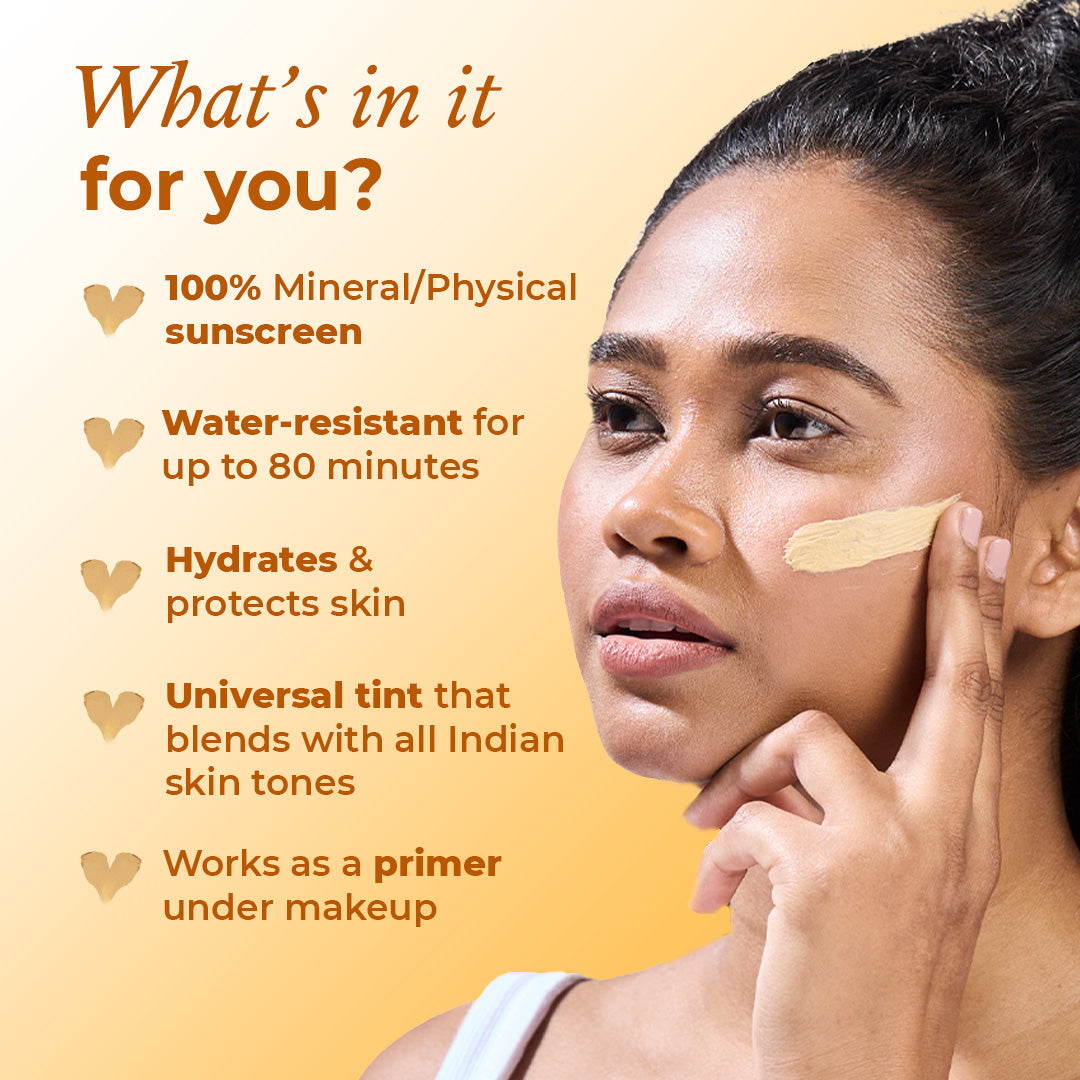



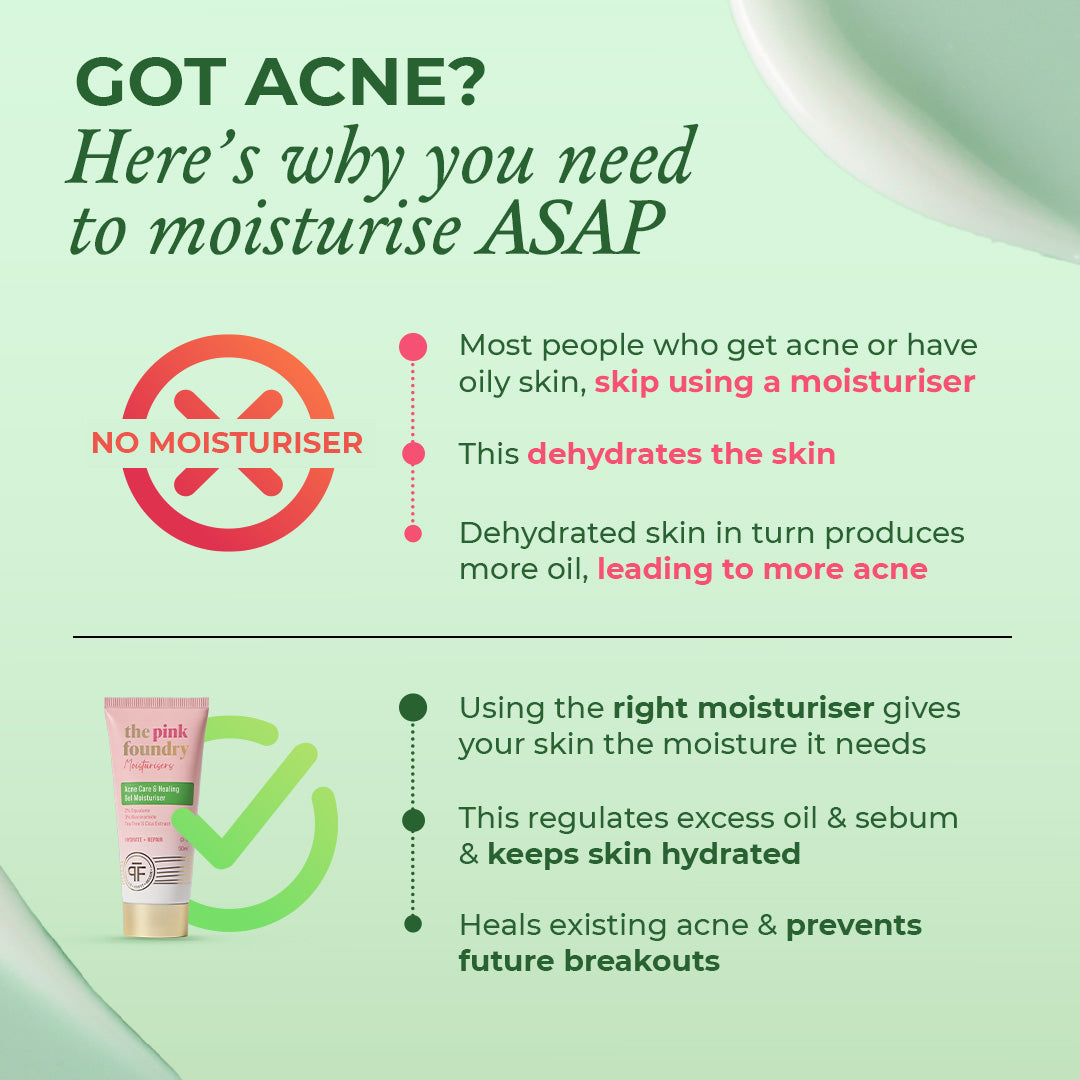
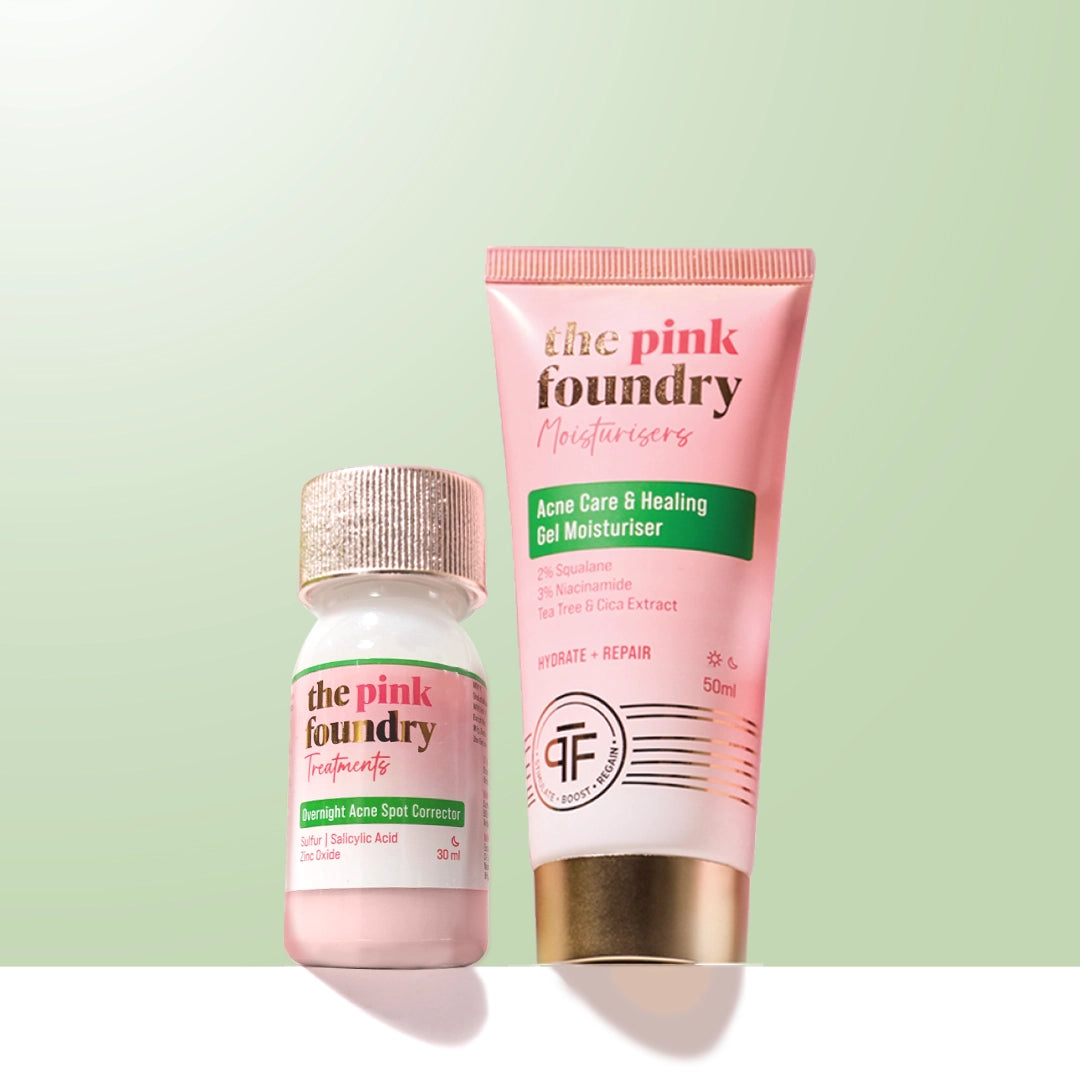
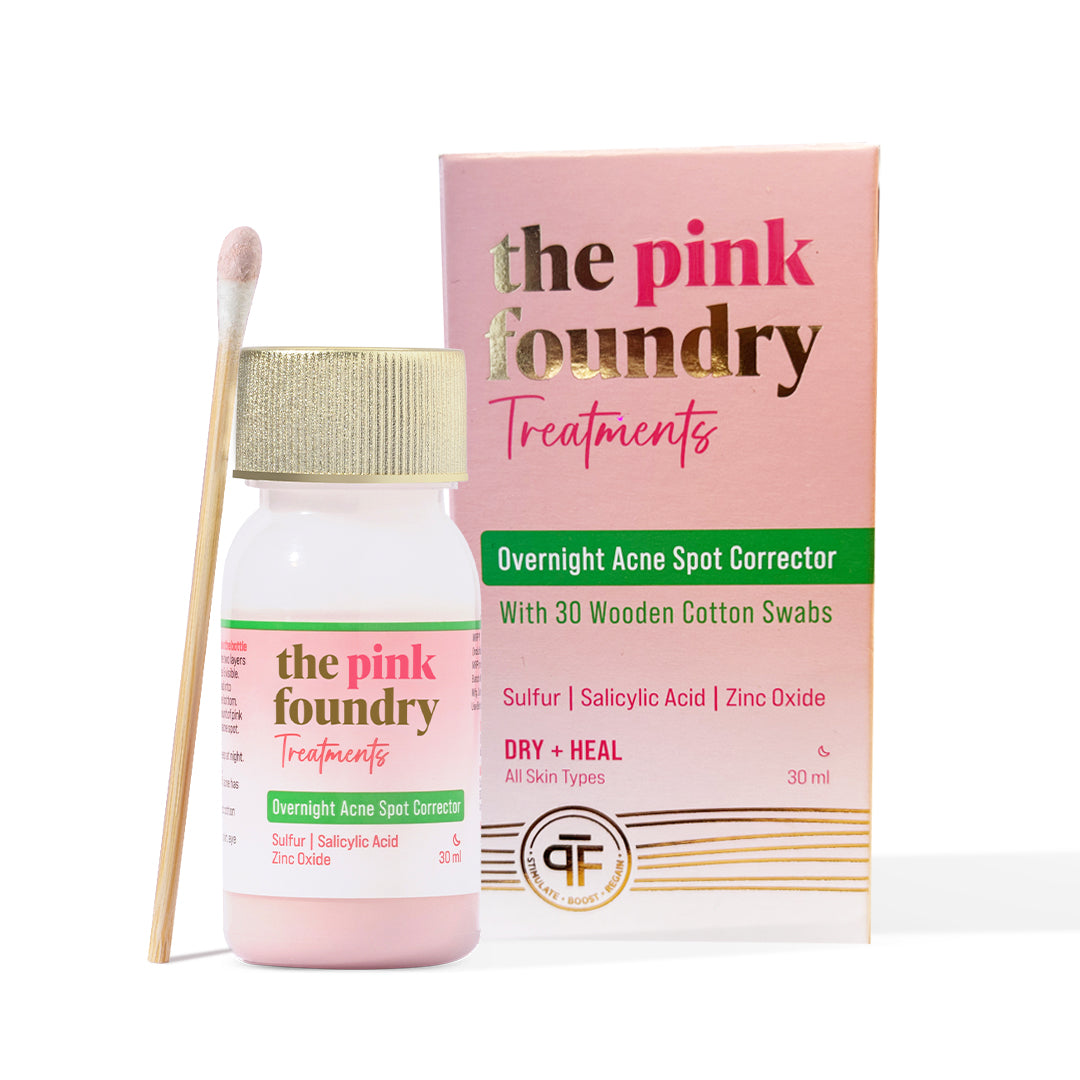
Leave a comment
This site is protected by hCaptcha and the hCaptcha Privacy Policy and Terms of Service apply.